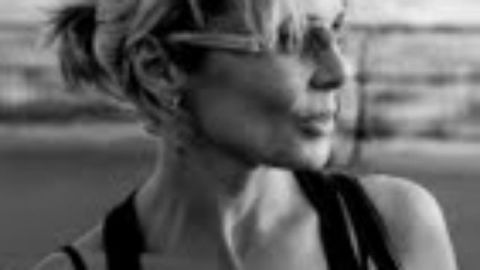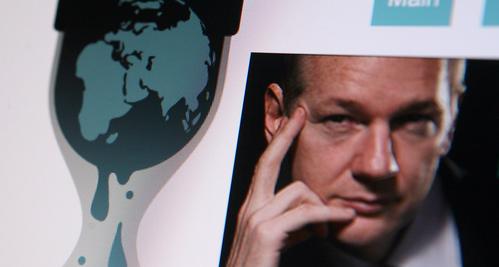Energy is the New Currency

Bistra Milovansky chases inspiration for a living. The Bulgarian immigrant and self-described “holistic lawyer” can often be found doing business from a hammock in Costa Rica, working on her laptop between surfing lessons. This balmy life came about after the 2008 economic crash when, like the rest of us, she was confronted with the need for a new, sustainable way of doing business.
In the years preceding the Great Recession, Milovansky was an overworked attorney at a big firm in New York. When she finally struck out on her own, as a solo immigration law practitioner, her hours increased. When the economic crisis hit, along with burnout, she was forced to overhaul her professional as well as her personal life.
For an anchor, she threw herself into meditation. “It is the best tool available to all of us to manage our own life energy,” she says. “It is our gym, shrink, and spa in one.”
Through daily meditation—around 15 to 20 minutes in the mornings and evenings—Milovanksy learned to devote herself to her new ruling business principle: Energy is the new currency.
With this conviction, she developed the intuition and discipline to limit her clients only to those who inspired her—giving her energy. “The feeling of being inspired,” she says, “is a powerful driving force for creativity and productivity. At the work place it may be the single most important perk that an employer can offer to employees.”
Simplifying her immigration practice by applying the Pareto Principle—that 20% of her clients create 80% of her revenue—she focused only on visas and green card applications for people with outstanding accomplishments in the arts, sciences, athletics, and business. Her “genius visa” business grew through word of mouth, and soon she found herself juggling a client list that included an Olympic gold medal gymnast from Bulgaria turned in-demand choreographer, an Italian graffiti artist who has collaborated with Marc Jacobs, a singer from Cameroon, a chef from France, and an internationally shown multimedia artist from Jakarta.
“The shift,” she says, gave her a lot of “mental and physical energy to start exploring other venues of interests.” She had always had a fascination with surfing culture, even though she had never tried it before. Last summer, she visited Costa Rica for the first time to learn how to surf; then Hurricane Irene grounded flights and extended Milovansky’s vacation by a week. Realizing how much she loved the local people, discovering the surfing community and the island’s endless summer, Milovansky bought a plot of land and has been collaborating with her surfing instructor to build a meditation retreat and organic farm called One Energy.
She plans to turn it into an international community focused on ecological and inner-peace sustainability solutions and will offer residencies for eco-minded people in the arts, science, and business.
Her advice for lawyers who want to join her in the jungle and break out of their own vicious (billable) cycles, once those student loans are paid off, is to practice daily meditation.
“A lawyer’s mind,” Milovansky says, “is trained to argue for a living. A mind trained in critical thinking is a great mind, when applied to solving a situation. But when left to run your inner world, it can create a constant stream of chatter, stress, and anxiety. It is a bit like nuclear power: Depends on the application.”
Milovanksy is quick to point out that there’s nothing religious about meditation, and it shouldn’t be treated as a chore but as a spa treatment. “It is the cheapest and fastest way to boost your immune system, creativity and productivity by planting into your own unconscious mind inspirational thoughts, ideas and images.” She adds, “The focus can be on breathing, a sentence that some call a mantra, the chanting of monks, or the chirping of birds outside the window. It is all the same.”
When it comes to managing oneself as a business, Milovansky recommends slow growth, high standards, and always making sure there’s more money coming in than going out. She says that aspiring self-employed lawyers should work for law firms that are in the exact area in which they wish to continue and to use the time to study their employers’ business model and analyze its effectiveness.
“I had already worked for years for other immigration law firms: From a solo practitioner’s law office to the largest immigration law firm in the U.S.,” she says. This experience gave her the legal knowledge and professional confidence to launch her own practice with $5,000 in start-up capital. Her client base first grew out of her personal network. She continues to expand her business through word of mouth and by being protective of who and what she expends her energy on. She’s adamant to share that television news and trashy celebrity magazines don’t make the cut.
“Our life energy,” says Milovansky, “is the biggest investment we have to protect and keep growing.”





